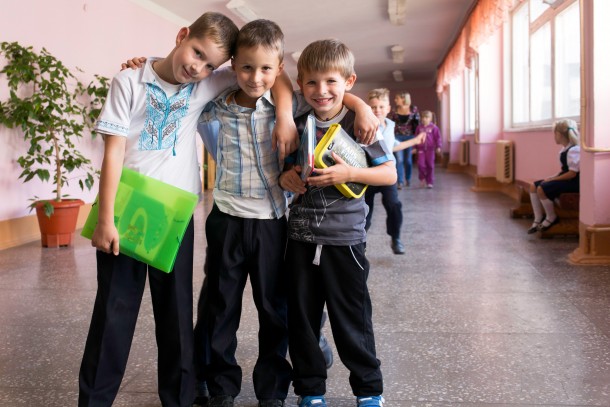28.10.2015 | News

The Nordic countries have financed energy-efficiency measures in twelve cities affected by the conflict in Eastern and Southern Ukraine, according to a new fact sheet NEFCO has compiled.
The Nordic Ministers for Foreign Affairs decided last year, in connection with the Nordic Council’s session in Stockholm, to launch a new fund to support energy-efficiency measures in Ukraine. The fund is called the Nordic Energy Efficiency and Humanitarian Support Initiative and is administered by NEFCO.
The purpose of the fund is to finance upgrades of the municipal infrastructure in areas that have been badly affected by the armed conflict in Eastern and Southern Ukraine. Approximately 1.5 million internally displaced persons have been forced to leave their homes as a result of the armed conflict in Ukraine. The situation places a burden on a range of cities that need help upgrading day-care centres, health centres and schools to accommodate new inhabitants.
In practice, NEFCO provides grants to municipalities that in turn invest the funds in upgraded individual heating substations, new windows and doors, better insulation and improved lighting in municipally owned buildings. In some cases the fund has provided grants for the construction of new energy-efficient school buildings to prepare the ground for internally displaced children.
Over 4,500 children at day-care centres and almost 9,000 school pupils are benefitting from this humanitarian programme, which is financed by the Nordic countries. The programme also entails environmental benefits as reduced electricity consumption generates decreased emissions of carbon dioxide, as well as nitrogen and sulphur oxides. The investments have reduced electricity consumption by 2,814 megawatt-hours and managed to cut the consumption of thermal energy by over 8,742 Giga-calories.
Read our press release in Swedish
Learn more about the Nordic Energy Efficiency and Humanitarian Support Initiative
Read more about the Nordic Council’s 67th session in Reykjavik
Read a web story about a recent NIU-project in Kherson